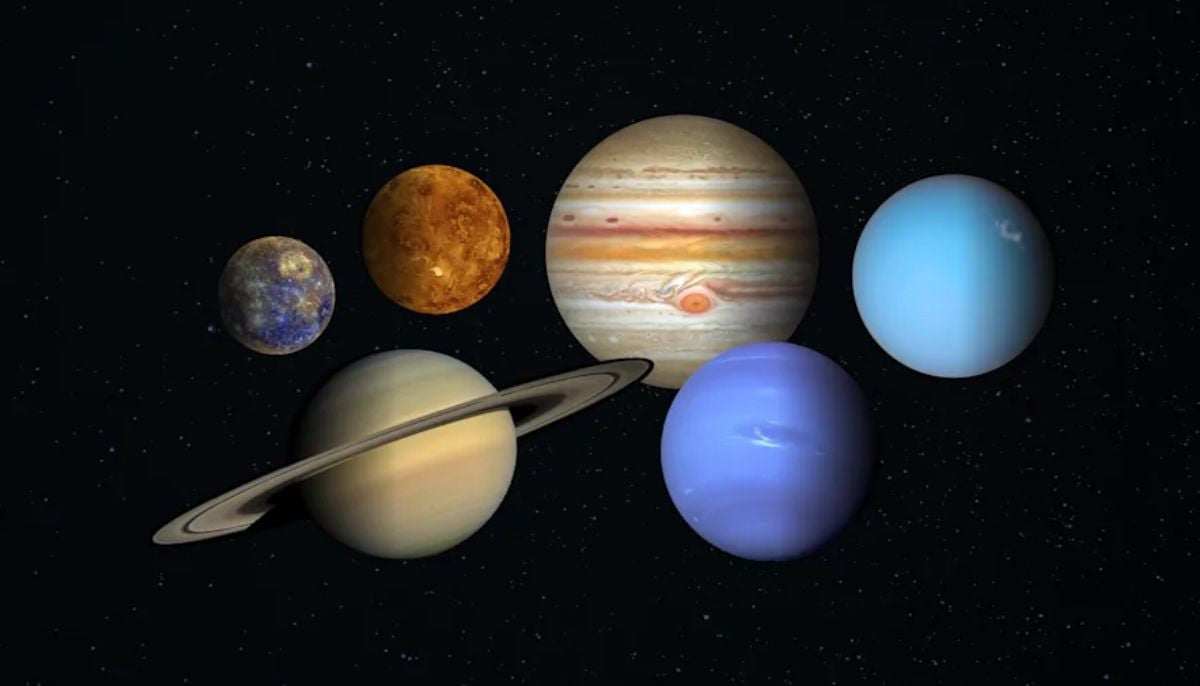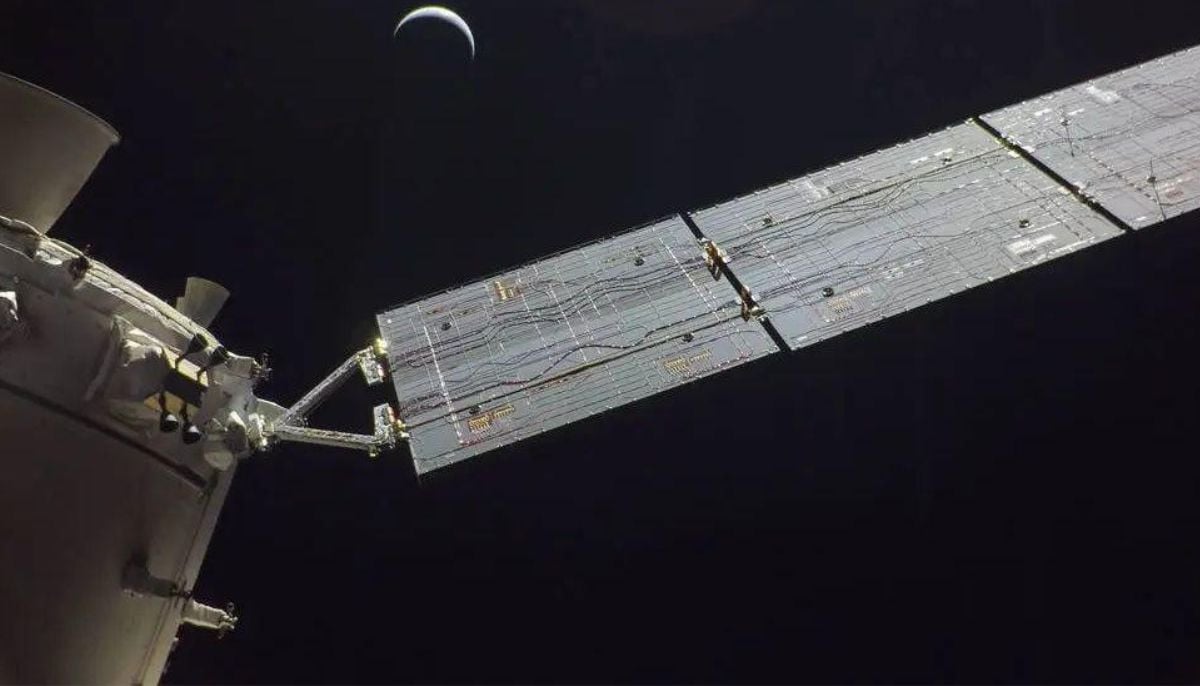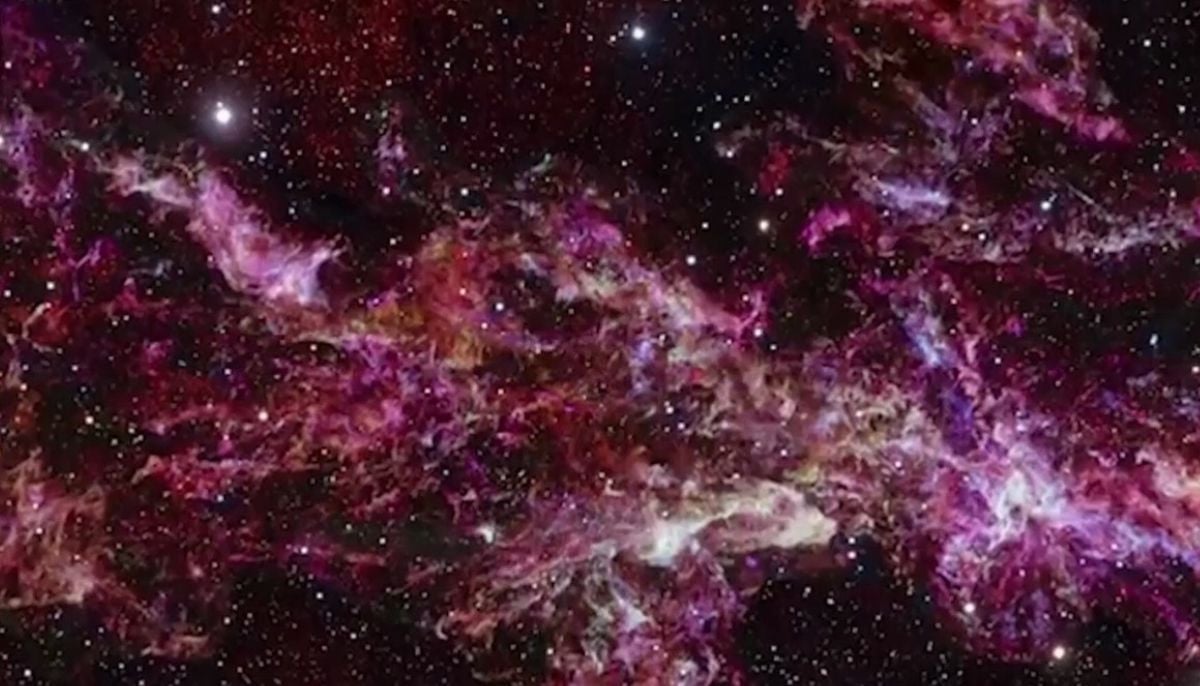WhatsApp update: Setting 'Disappearing Messages' just got easier
The feature helps strengthen privacy for users who prefer deleting their messages after a while
WhatsApp on Friday introduced its users to the 'Disappearing Messages' feature for new and existing chats all at once.
“Setting Disappearing Messages just got easier!” tweeted the Meta-owned instant messaging application.
The application’s Twitter handle also informed users about choosing the duration timer and then selecting and applying it to whichever chats they wanted.
The messaging application on its website informed users about sending messages that disappear on the app by enabling the feature.
“You can choose to have messages disappear after 24 hours, 7 days, or 90 days,” WhatsApp shared on its website, adding that the feature can be turned on for multiple existing chats, and new messages sent in the chat will disappear after the duration you select.
The Meta-owned app added that most selection controls new messages within the chat.
“Messages sent or received before disappearing messages are enabled won’t be affected,” the application’s website stated.
Here’s how to enable the feature
Either user can enable disappearing messages in an individual chat. Once enabled, new messages in the chat will disappear after the duration you select.
1. Open the WhatsApp chat.
2. Tap the contact’s name.
3. Tap Disappearing messages.
a. If prompted, tap CONTINUE.
4. Select 24 hours, 7 days, or 90 days.
5. Select which chats you want to enable.
6. Tap on tick mark
7. Tap DONE.
-
Planetary parade 2026: Here's how to see six planets aligning today
-
NASA announces new Artemis moon mission aimed at expanding astronauts’ exploration efforts
-
Is human mission to Mars possible in 10 years? Jared Isaacman breaks it down
-
Total lunar eclipse to turn Moon red on March 2-3
-
Stunning new photos of the Milky Way shed light on how stars are formed
-
Antarctica’s mysterious ‘gravity hole’: What’s behind the evolution of Earth’s deep interior?
-
‘Mars’ missing water mystery takes a surprising turn as new study finds regional dust storms trigger massive water loss into space
-
Scientists reveal how sleeping can unlock your creative potential















